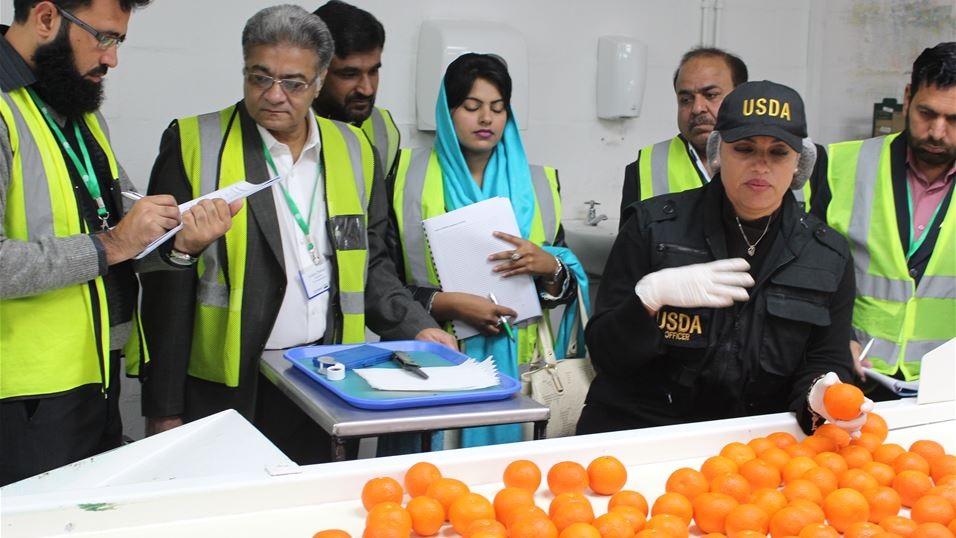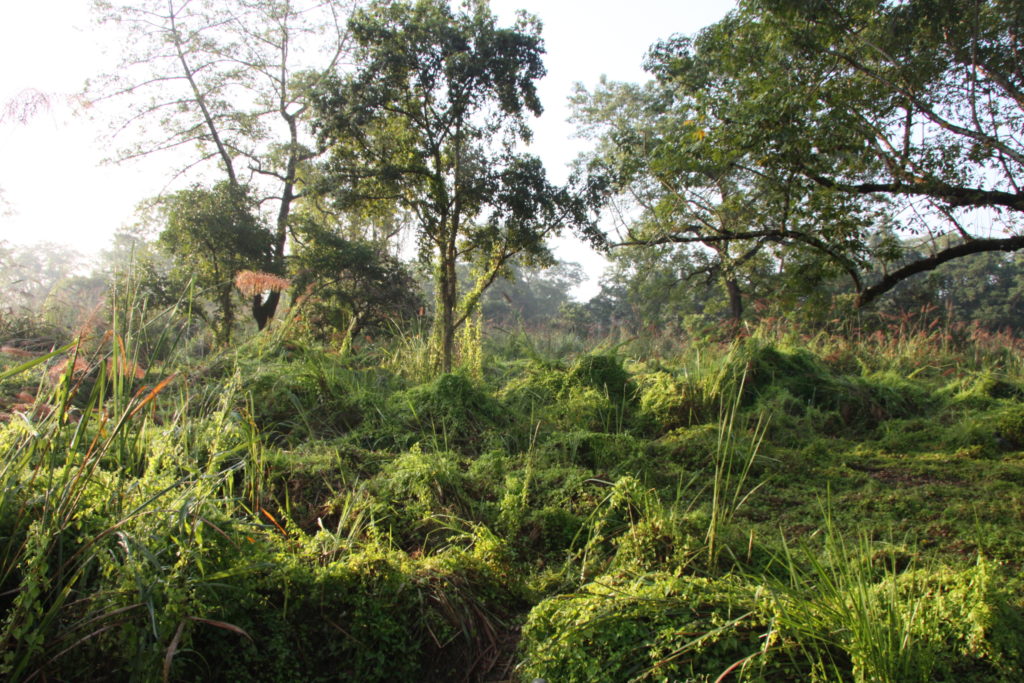Dr Rob Reeder goes ‘bananas’ about pests and diseases on the Urban Farm Podcast
Plant pathologist Dr Rob Reeder has this week spoken to Greg Peterson of the US-based Urban Farm Podcast about how the global supply of bananas (particularly the Cavendish variety) could be put at risk from a three-pronged attack of pests and diseases. In the podcast, Dr Reeder reveals the reasons why the fungus known as…
How Genetically Modified Organisms (GMOs) Enter the Food Chain in non-GMO Producing Countries
How Genetically Modified Organisms (GMOs) Enter the Food Chain in non-GMO Producing Countries - by Tatjana Brankov A superficial review of the legislation on transgenic foods and feeds indicates that consumers in non-GMO producing countries consume GMO-free food. However, less attention is paid to the fact that GMOs can enter the food chain through the import of transgenic foodstuff and feedstuff or by contamination. In some countries, transgenic food production is fully equal to conventional production. The concept of substantial equivalence, developed by the OECD and further elaborated by FAO/WHO “embodies the concept that if a new food or food component is found to be substantially equivalent to an existing food or food component, it can be treated in the same manner with respect to safety, i.e. the food or food component can be concluded to be as safe as the conventional food or food component” (FAO/WHO 1996). Such a…
Building capacity for greater food security in Pakistan
As part of CABI’s mission to help farmers grow more and lose less, we have been funded by USAID – via the United States Department of Agriculture (USDA) – to help Pakistan improve its sanitary and phytosanitary (SPS) systems and therefore open up its fruit and vegetables to more high-end global markets that were previously untapped. Currently these products only contribute 13% of the country’s export but improvements to its SPS capabilities could see this number rise significantly.
Irrigation facilities to enhance all year seed supply by farmers in central Uganda
Lack of access to quality seed, particularly of traditional crops that are not well integrated into the formal sector, remains a key challenge for increased productivity of these crops in African farming systems. CABI, working with national and regional partners, aims to strengthen seed systems in Africa through developing farmer seed enterprises and linkages to…
CABI board member Akhter Mateen explains how CABI is delivering on SDG1: No Poverty
[youtube https://www.youtube.com/watch?v=i3N0PEeKLOU?feature=oembed] One in five people in developing regions still live on less than $1.25 a day and many of these are the 500 million smallholder farmers around the world. But CABI is working hard to help small-scale farmers lift themselves out of poverty. We collaborate with people and organizations working across the supply chain…
One Health: free online course from FutureLearn features CABI authors
One Health is about connectedness: "the collaborative efforts of multiple disciplines working locally, nationally, and globally to attain optimal health for people, animals, plants and our environment”. On One Health Day, November 3rd 2016, CABI's editors held a One Health (#OneHealth) Blogathon to focus attention, contributing a total of 6 blogs to Handpicked… and Carefully Sorted, each…
How soil health is integral to One Health
One of a series of blogs written by CABI editors for One Health (#OneHealth) Day on November 3rd 2016 "It is difficult to rate the importance of the different soil functions, since all are vital to our well-being to some extent. However, the function of supporting food and agriculture worldwide is fundamental for the preservation and advancement of…




